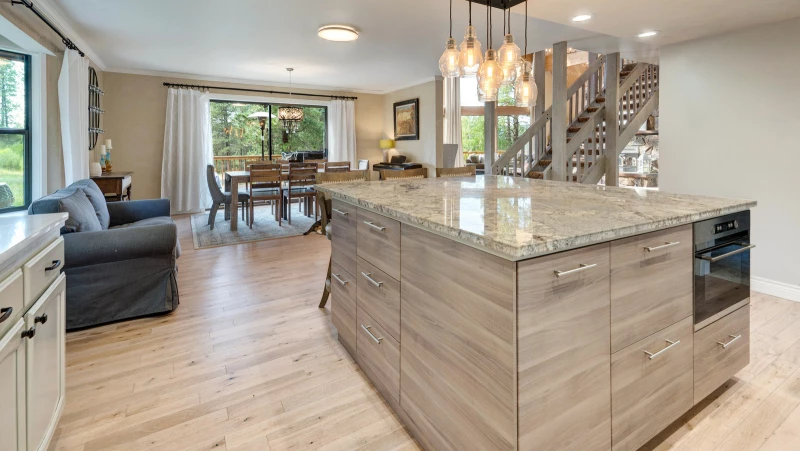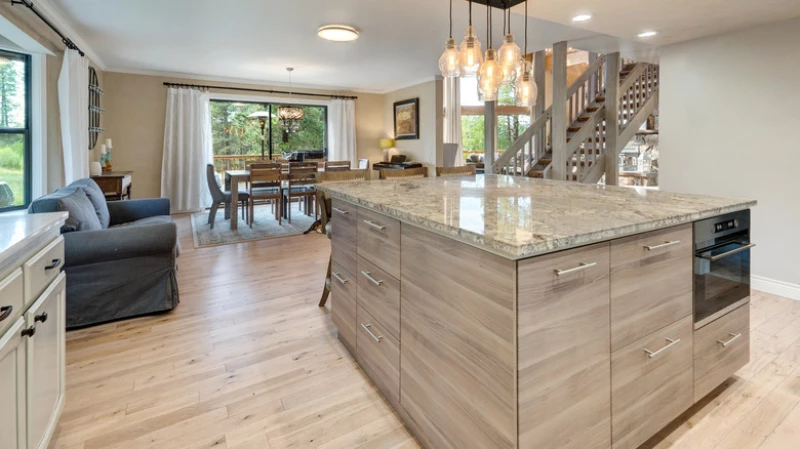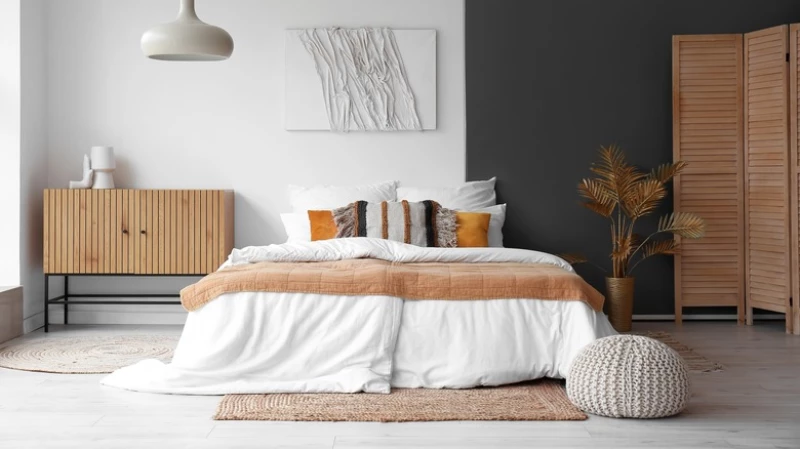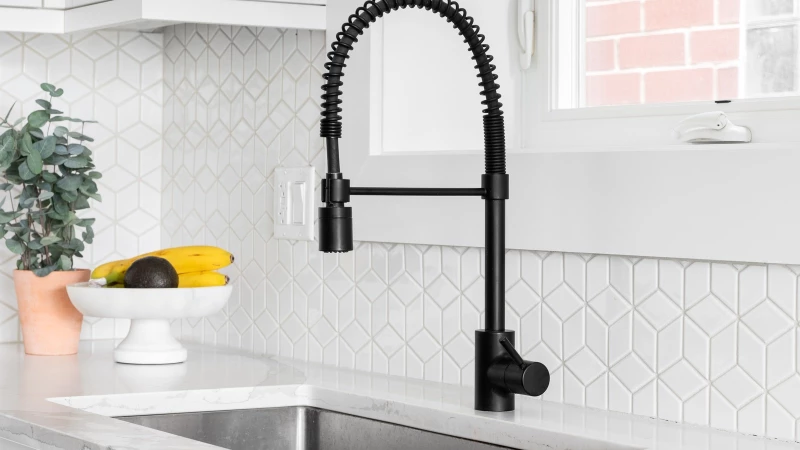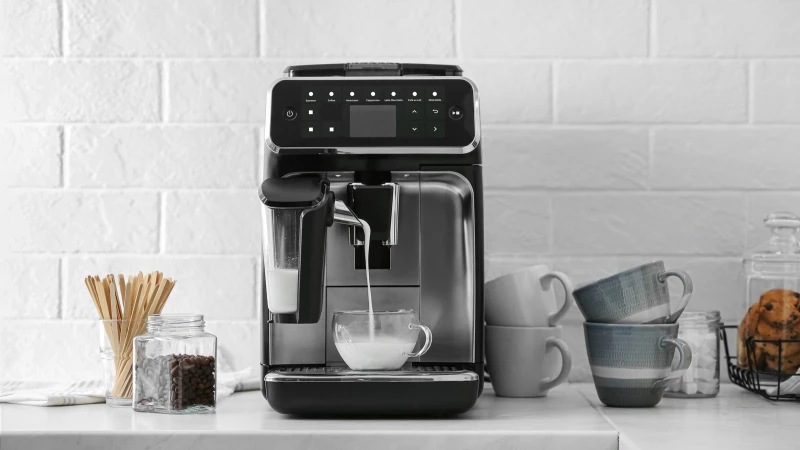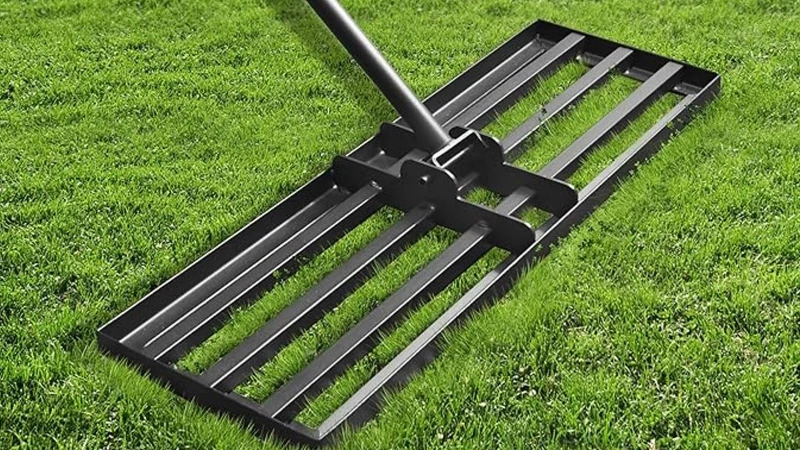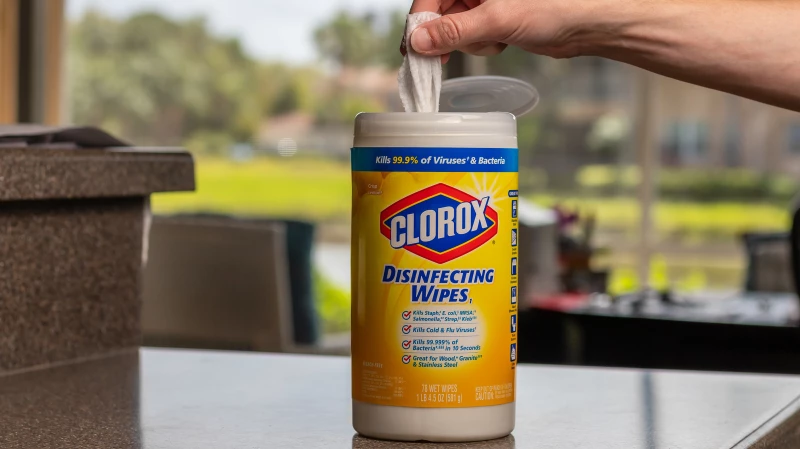White oak has been gaining popularity as a top choice for flooring in homes. If you are considering upgrading your floors, it might be worth looking into white oak. However, before making a decision, it's important to understand the cost implications. White oak is known for its durability and timeless beauty, but it comes with a price tag.
When it comes to white oak flooring, there are two main options to choose from: solid white oak and engineered white oak. Solid white oak can cost between $4 and $8 per square foot, while engineered white oak is priced between $4 and $7 per square foot. In addition to the cost of the flooring material, you should also budget for installation, which can range from $3 to $8 per square foot.
If you are considering a more intricate floor pattern, such as herringbone, be prepared to incur additional costs. The overall cost of installing white oak floors can vary depending on the size of the space and any customization options you choose.
When it comes to choosing white oak flooring for your home, the decision between solid and engineered options is crucial. Each type has its own set of advantages and disadvantages, so it's essential to weigh your priorities before making a choice.
Consider whether you want solid or engineered white oak
If budget is a concern, engineered white oak might be the way to go. This option is generally less expensive as it features a white oak veneer on top of plywood. It's a practical choice for apartments or condos, especially when the flooring needs to be glued to a concrete surface.
On the other hand, if you value authenticity and natural materials, solid white oak could be worth the extra investment. With solid white oak, you get the full beauty and characteristics of genuine wood. Additionally, consider the climate of your location. Engineered white oak is better suited for humid environments, while solid white oak is more suitable for drier settings or areas with varying levels of humidity throughout the year.
Comparing Costs: DIY Flooring Installation vs. Hiring a Professional
Think about how you want to apply the white oak to your floors after determining whether you'll opt for solid or engineered. The most convenient, foolproof way to go about the installation is to hire a professional, and the labor will likely cost between $3 and $8 for each square foot in addition to the previously discussed white oak floor prices.
If you don't want to spend so much on labor and are comfortable with DIY projects, installing the flooring yourself is another option, saving you on those labor costs that will quickly add up. However, keep in mind that doing it yourself can be very time-consuming. The installation process for applying the flooring to a room can take anywhere between one and five days, depending on the space's size. Would saving the money be worth all that time for you? If you have a very busy schedule, aren't sure how you would make time for such a significant project, and are intimidated by DIY-installing a floor, then paying a professional might be the more practical option.
Thinking of DIY Flooring Installation? Consider This First
Before you embark on a DIY flooring installation project, it's important to assess your skills and capabilities. While the idea of saving money and taking on a home improvement project yourself may be appealing, it's crucial to recognize the potential risks involved.
Remember, if you lack experience in making precise measurements, using power tools, and working with hand tools, you may want to reconsider doing it yourself. Incorrectly installing flooring can lead to costly repairs, with the average repair costs ranging from $500 to $1,500.

